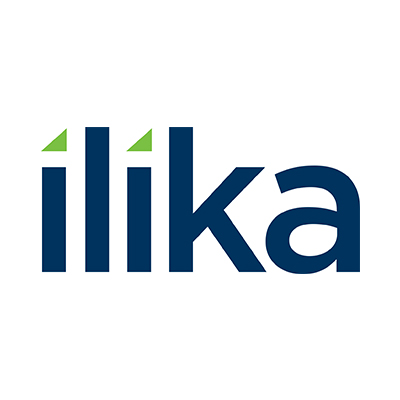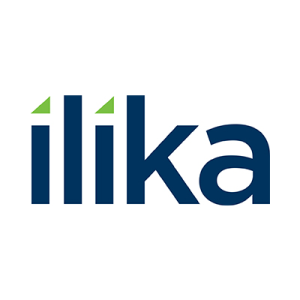MedTech is evolving rapidly, transforming the healthcare sector by integrating the interconnectivity of the Internet of Things for more proactive patient health management. This advancement has led to an increased demand for remote patient monitoring, requiring devices that can monitor and report vital data to central healthcare providers. The improved interaction with patients through smart technology has necessitated medical devices that enhance patient experiences by allowing remote monitoring, reducing the need for visits to healthcare facilities. These devices also enable patients to better manage their conditions independently, improve reaction times to changes in their health, and optimise the distribution of medicines. Additionally, they provide large amounts of data (Big Data) to enhance the understanding and treatment of various conditions.
Smart devices in MedTech may be external (such as low power wearables) or internal (including implantable or ingestible devices). These devices are essential in collecting patient data and supporting drug delivery through four stages of patient care, as outlined by Deloitte in 2015.
Firstly, in prevention and well-being, wearable devices can detect issues before symptoms occur, particularly useful for individuals at risk of developing chronic pain. For chronic pain management, devices empower individuals with conditions like diabetes or heart problems to take better care of their health. During acute pain episodes, these devices provide healthcare providers with substantial amounts of useful data quickly, especially critical when patients are admitted to intensive-care units. Lastly, in post-acute pain management, patients can monitor the effectiveness or potential complications of their treatments in the comfort and cost-effectiveness of their homes.
Wireless Body Area Networks (WBAN) are increasingly gaining attention in medical circles for their potential to impact patient care and predict emergencies before they happen. This is particularly valuable for patients with conditions like heart disease, diabetes, and asthma, offering an early warning system. A WBAN consists of a wireless network of sensors, either implanted or worn by the user, all interconnected. The proliferation of wearable devices that track measurements such as heart rate, blood pressure, and activity levels makes this networking approach more feasible and cost-effective.
The rapid innovation in physiological sensors, low power controllers, and wireless communications has facilitated a new generation of sensor networks. Implanting very small biosensors inside the human body or on organs, such as the eyes, can enhance patient comfort and not interfere with normal activities while providing continuous monitoring. A typical example of such advanced MedTech devices is the smart contact lens, which incorporates various technologies to offer a seamless user experience. These lenses can be worn on the eye, with key components positioned around the edge to avoid disrupting the patient’s vision. Achieving this level of functionality requires significant miniaturisation of sensors, controllers, and batteries.
The evolution of MedTech is reshaping the healthcare landscape, making patient monitoring more efficient and accessible, while also enabling better management of health conditions through advanced technological solutions.
Ilika plc (LON:IKA) is a pioneer in solid state battery technology enabling solutions for applications in Industrial IoT, MedTech, Electric Vehicles and Consumer Electronics.


